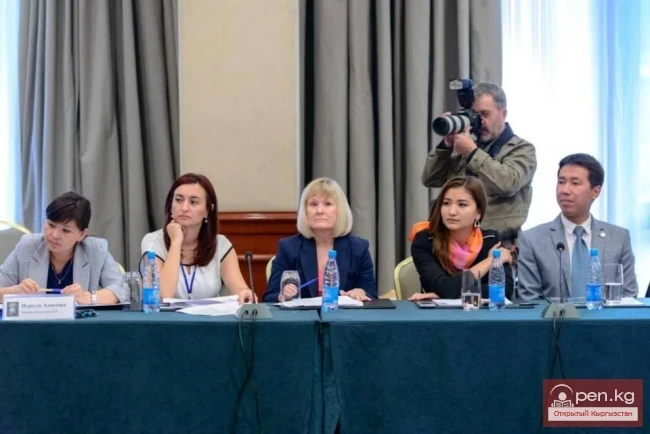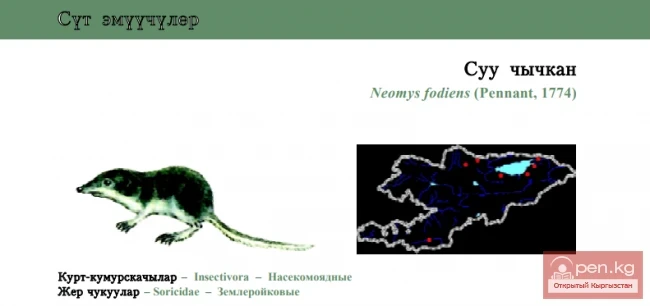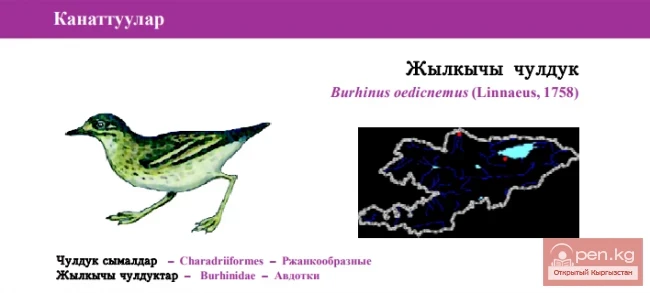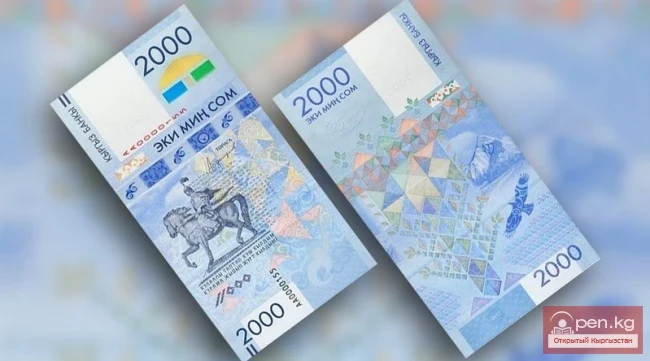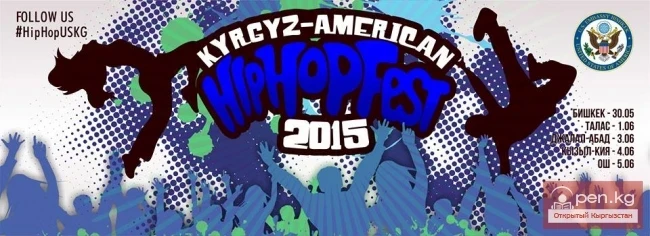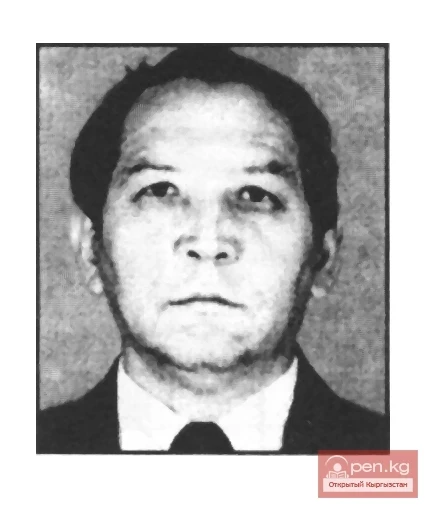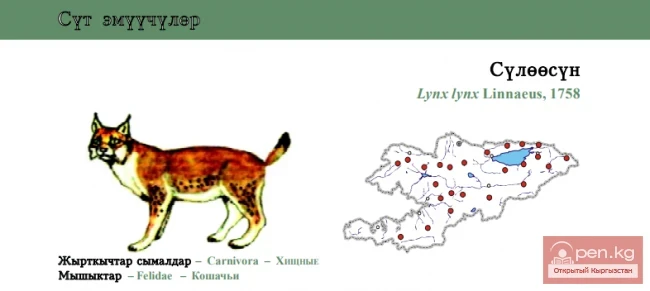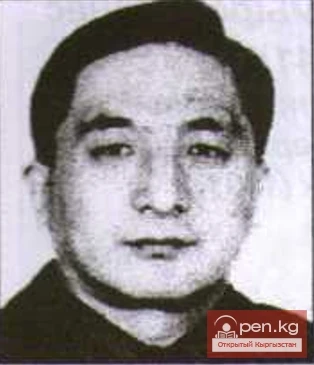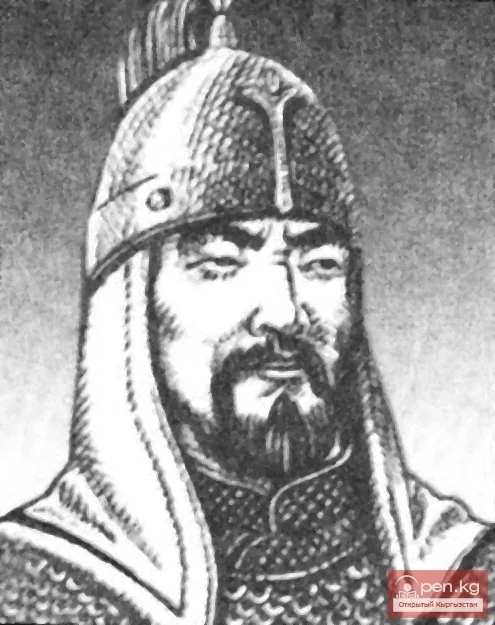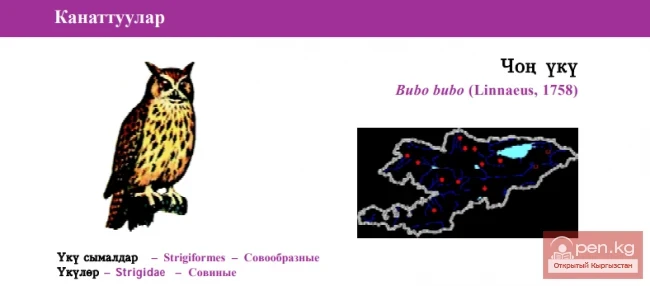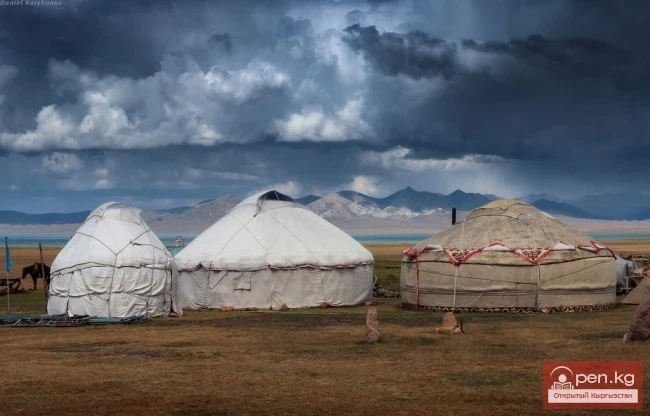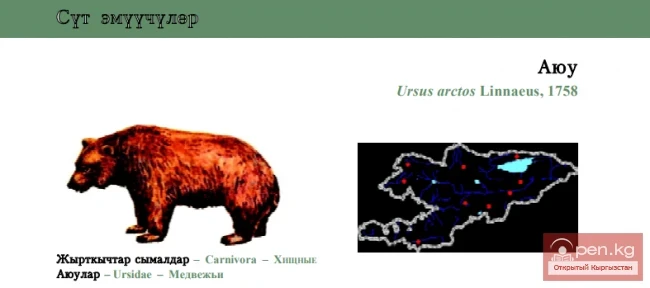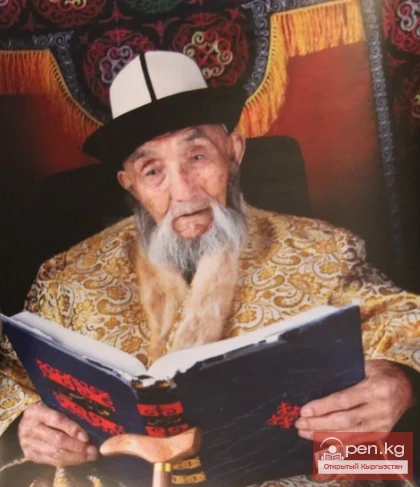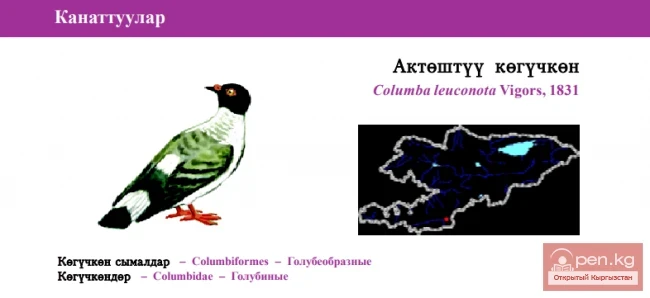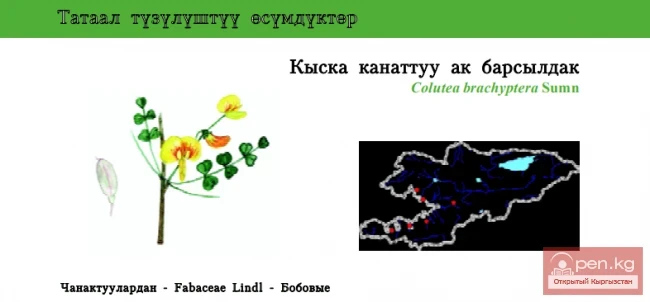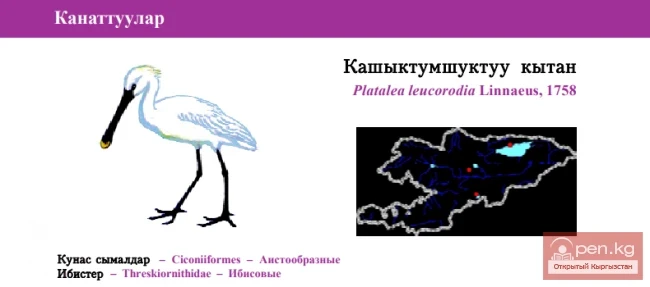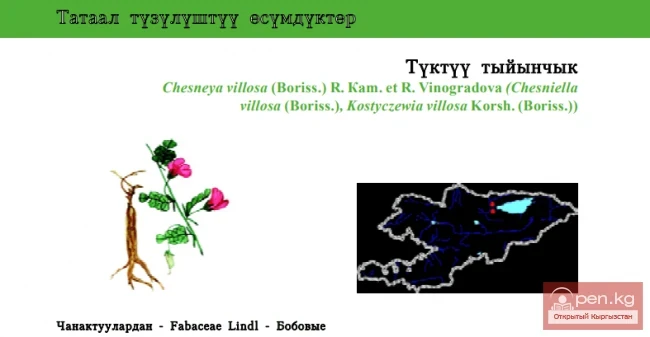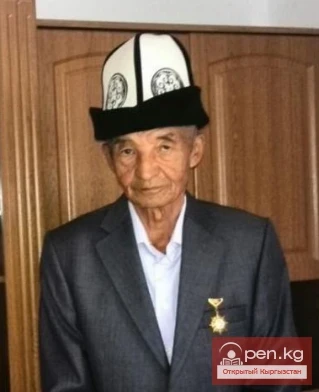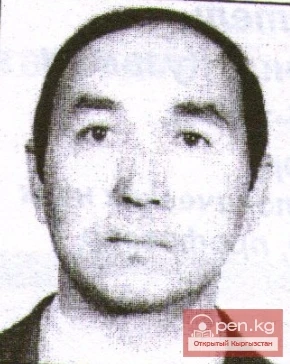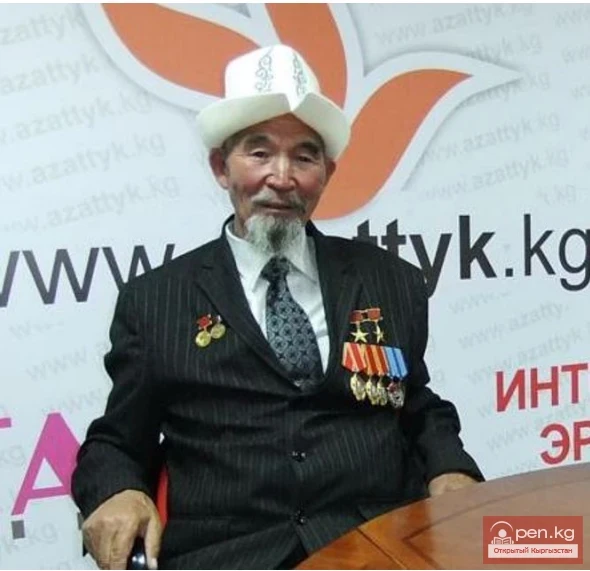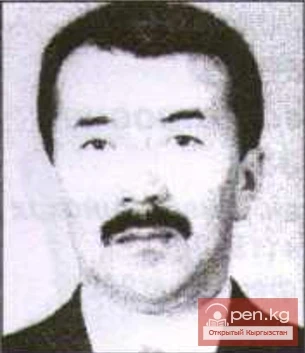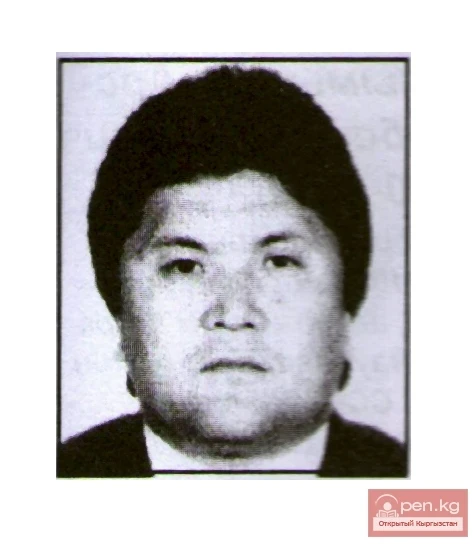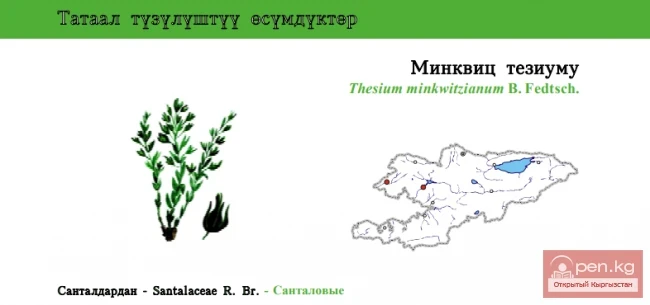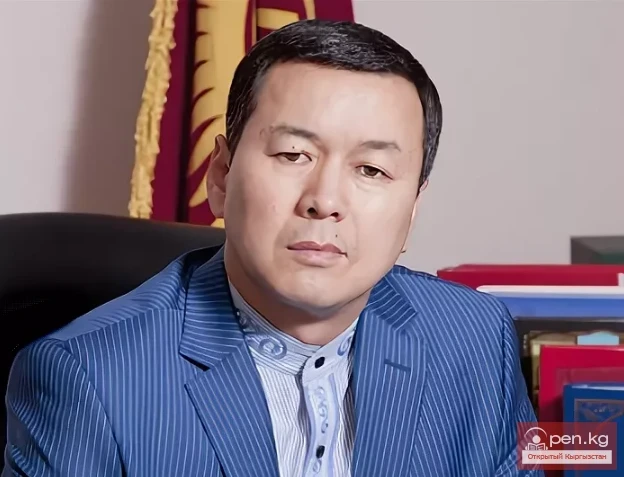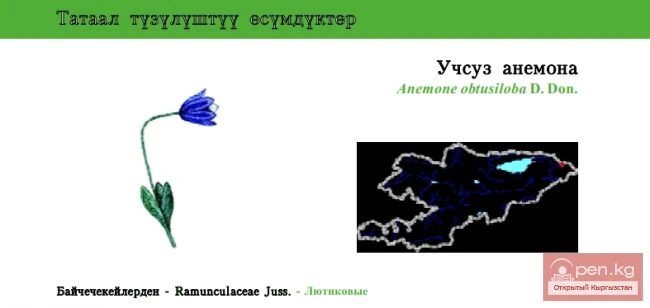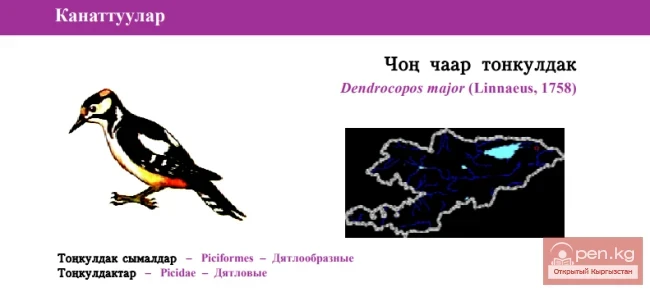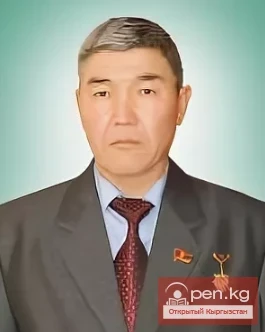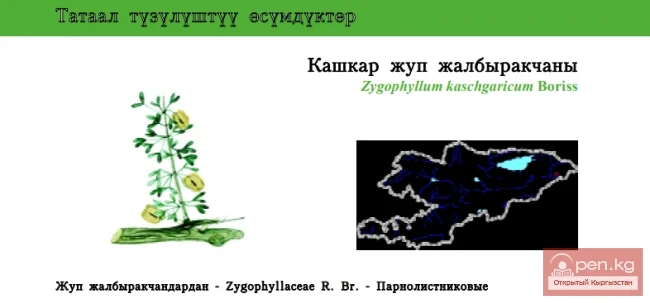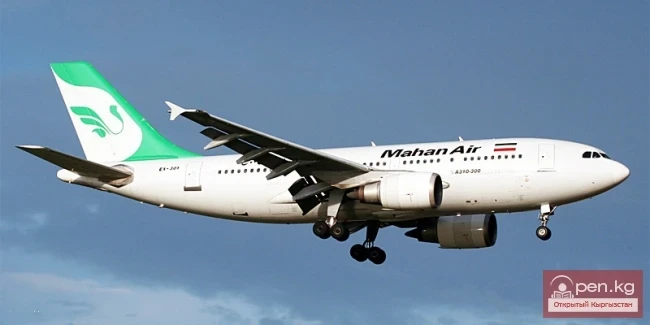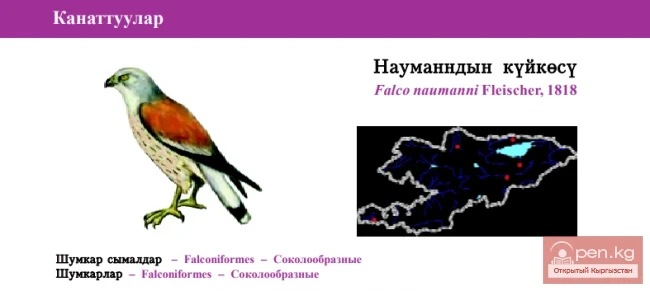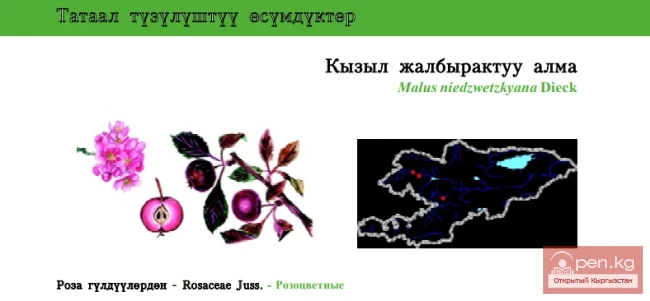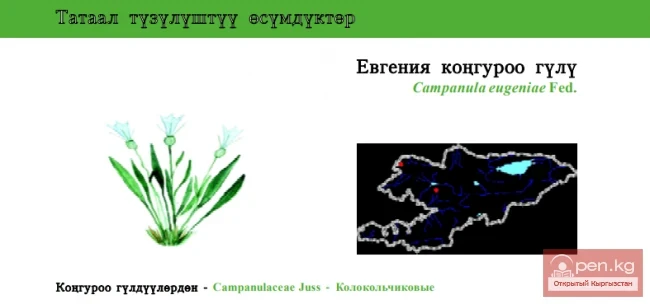
Alykbek DZHESHKENKULOV, former Minister of Foreign Affairs of the Kyrgyz Republic, professor at the Kyrgyz-Russian Slavic University, noted that the EAEU has become a lifeline for Kyrgyzstan in matters of information security. According to him, "poverty, crime, corruption, and the quality of the ruling elite" raise serious concerns regarding the stability of the Kyrgyz Republic. Dzheshkenkulov emphasized the fact that the Kyrgyz Republic is located in the Fergana Valley and has quite tense relations with its neighbors, with practically nothing being done to resolve interethnic problems.
- The only solution in this situation is the formation of a joint ideology of Eurasian partnership based on the equality of participants. This will strengthen security in the region and minimize economic, social, and other risks, - believes Dzheshkenkulov.
- There is a real information threat not only for Russia but also for its allies, continued Vadim KOZYULIN, candidate of political sciences, expert at the PIR Center (Center for Political Research of Russia).
- While Russia was fighting against online agitation in favor of color revolutions, terrorists from ISIS found a way to the hearts of the youth. Remember the case of Varvara Karaulova. All the media reported on this. As a result, ISIS received significant free advertising, - the expert is convinced.
- Speaking of threats: the "Taliban" is aging, and young guys are coming to replace them, who lack space and are eager to fight. The ranks of the "Islamic State" are filled with former soldiers of the Iraqi army, aggrieved Sunni Iraqis, and even religious enemies of ISIS who have formed a tactical alliance with them. A new force is emerging, about which we talk a lot but know very little. ISIS members post videos and programs online, and soon they will start posting selfies and giving interviews to journalists. They have regional governors, and in the occupied territory of the "Islamic State," they are trying to establish life, with media, mail, a military council, and a cabinet of ministers in operation. According to various official data, 2,000 people from Russia are fighting for ISIS, of which 1,800 are citizens from the Caucasus who are in Syria and Iraq. From Kazakhstan - 400 people, from Tajikistan - 300, from Uzbekistan up to 500 people, from Turkmenistan - about 400. Regarding Kyrgyzstan, Nikolai Bordyuzha, chairman of the CSTO, announced the figure - 382. Thus, according to the FSB, between 3,000 and 5,500 individuals from the CIS are joining ISIS. According to the CIA, there are 30,000 fighters in ISIS, while the Iraqi authorities cite a figure of 200,000. These data raise doubts…
ISIS is also posting maps of the future caliphate online. For example, in January 2015, India disappeared from the world map, but the Khorasan Emirate appeared, particularly in Central Asia. Separately - the Caucasus, Afghanistan, and Pakistan. Even a governor - Hafiz Saeed Khan has been appointed, although he is far away in Afghanistan.
- What can we oppose to this? Let's start with the SCO - there was a significant change in the organization this summer after the summit in Ufa: India and Pakistan joined the SCO. The circle of dialogue partners has also expanded: Azerbaijan, Armenia, Cambodia, and Nepal, while Belarus has requalified to an observer state. Iran is seeking to join the SCO and may soon become a member of the organization. I draw your attention to the fact that all the aforementioned countries know well what terrorism is and are fighting against it. This is good: within the framework of the SCO, there is a serious component; one of the reasons for the formation of this organization is to strike at the three forces of evil: terrorism, separatism, and extremism. Serious work is being done here, it may not be obvious, but the special services are conducting it. More than 450 terrorist attacks have been prevented, and 15 leaders of terrorist organizations have been detained and eliminated, with 14 declared wanted. And this is only based on information that has leaked to the press. The SCO has its own updated database, and Pakistan, which has joined the organization, has its own. Serious efforts are being made using the data obtained. Afghanistan is an observer state, and I believe that with the accession of new countries to the SCO, the fight against terrorism has received significant support. The SCO conducts regular joint anti-terrorist exercises. The regional anti-terrorist structure, based in Tashkent, oversees information, educational, and other activities. There is a search for terrorists on the Internet. The results are striking: 57,000 extremist websites have been discovered! 50,000 of them have been closed, while 7 are still operational.
If we speak globally - we know little about ISIS. And the scale of distrust in the world prevents us from uniting efforts to combat the threat. Lawyers within the UN disagree on the definition of what international terrorism is; there is not even a single term yet, although documents on combating it are regularly published. 85% of Syrian citizens are convinced that ISIS originated in the United States and was created by the CIA. There are facts where special forces trained by the US and Israel switch sides to ISIS. For example, two thousand Israeli soldiers, who were specifically trained to counter ISIS, have joined the ranks of the enemy, forming a unit that will go against Israel. In short, the growing scale of distrust plays into the hands of ISIS and its creators, - noted Vadim Kozyulin.
- ISIS is an army of a new type that serves certain goals of the West, - continued the discussion Tokon MAMYTOV, former Deputy Prime Minister of the Kyrgyz Republic for security, law enforcement, and border issues. - When we talk about ISIS, I recall the speech of former British Prime Minister Gordon Brown, who in 2009 proposed to start creating a new world order, - noted Mamytov. - Apparently, it is still not clear to everyone that it is impossible to build democracy on the ruins of Kabul, Baghdad, and Damascus. However, the Western world believes it has the right to invade other countries and impose its rules.
According to the security official, the "Islamic State" is a product of managed chaos, which is necessary for creating a new world order.
- When Western occupiers leave after the collapse of countries, there remain zones where the new power has no strength. It is in these zones that new extremist groups "ripen." ISIS emerged after the so-called Arab Spring, which we all know who organized, - stated Tokon Mamytov.
He also noted that humanity has transitioned from the phase of world wars to global wars, where networks of local, specially organized conflicts envelop the entire planet.
- ISIS can be classified as an army of a new type. The forces opposing Islamic radicals are insufficiently motivated; they are not ready to die, unlike the jihadists of the "Islamic State." The militants have no way back: they are bound by blood and unprecedented cruelty, which has shocked public opinion worldwide.
All countries need to reconsider the training of their fighters, - concluded Mamytov.
- Many experts, in connection with the withdrawal of troops from Afghanistan, say that America has lost interest in the Central Asian region. I do not agree with them. We are very close to China and Russia, - believes Zhenishbek BAIGUTTIEV, former Minister of Economic Regulation of the Kyrgyz Republic. - Now the West is doing everything it can, including using ISIS militants, to create "zones of tension" around its competitors. The creation of instability zones clearly shows that they are necessary for the economic development of the countries in the "golden billion." This also emphasizes the inviolability of the dollar as a world currency. And the US remains a kind of "island of stability" in a turbulent world. And what is good is that no refugees will reach America, and if they do, they will be "helped" to drown.
The EAEU project is a response to the challenges of the transatlantic alliance. An attempt to create its own island of stability. According to Brzezinski, when we have 250-300 million people, we can talk about a self-sufficient economy. Speaking of the EAEU, 180-200 million people is still not a solution to the issue. Without Ukraine, the Eurasian Economic Union is an incomplete project. And returning Ukraine, especially in light of the events and cataclysms that are "suffocating" this country, is unlikely to succeed in the near future.
If we talk specifically about Kyrgyzstan, the most important thing is the correspondence of political and economic realities. We understand that Russia cannot today implement any projects in our country not only due to limited resources and the economic crisis but also because the economic policy of the Kyrgyz Republic itself does not allow this. If today our electricity costs 1.5 cents, while our neighbors pay 5-7 cents, then the "Kambar-Ata-1" project will pay off in the best case in 20-25 years, which, understandably, is not very interesting for Russian investors. The health of our economy can be judged by the balance of payments. We export 23% and import 77%. Our per capita GDP is $1,096, which is almost 12 times lower than in Kazakhstan and Russia. While the UN has raised the poverty line to $1.90 a day.
Successes in the economy and the creation of a more just society would help solve many problems. However, we have excesses in this regard. For example, during the election campaign, some parties promised to reduce the mortgage interest rate to 7%. But how can this be achieved if even in Russia such a rate does not exist? I doubt that the parties that won the elections will last until the presidential elections because their pre-election promises will hang like huge weights on their legs, - believes Baiguttiyev.
Alexander SHABALIN, Vladimir BANNIKOV
